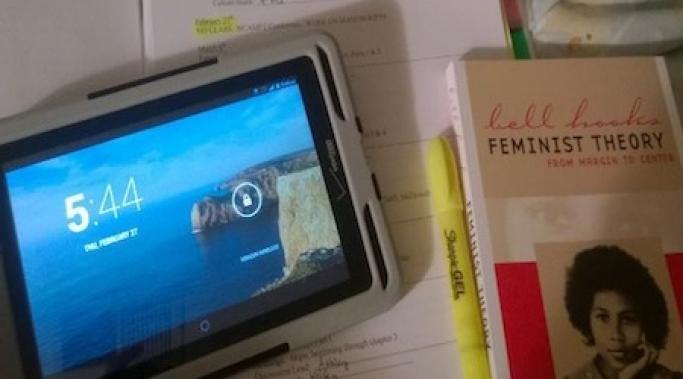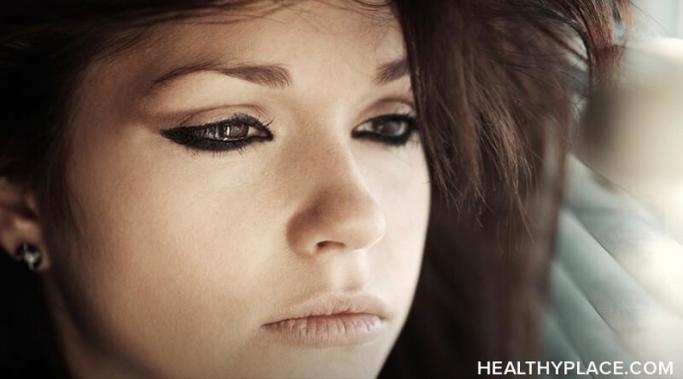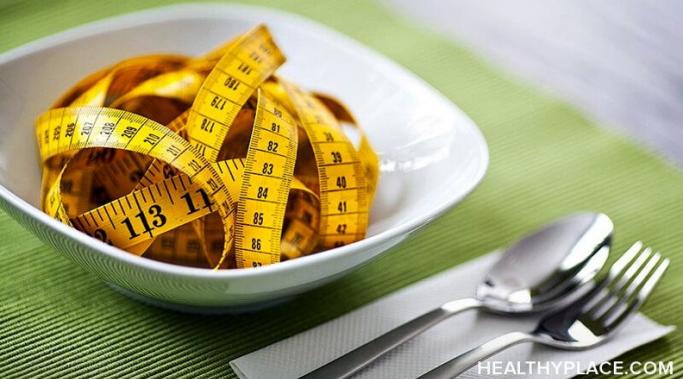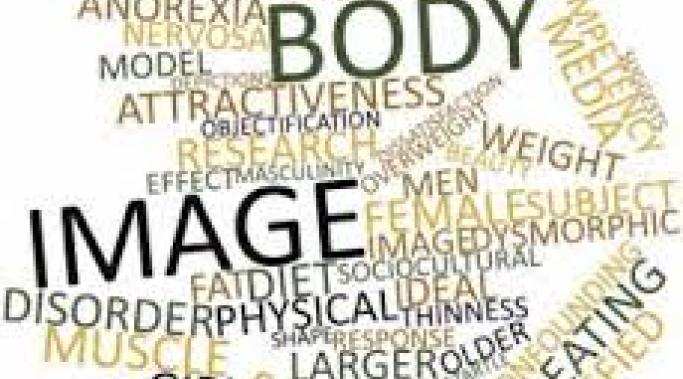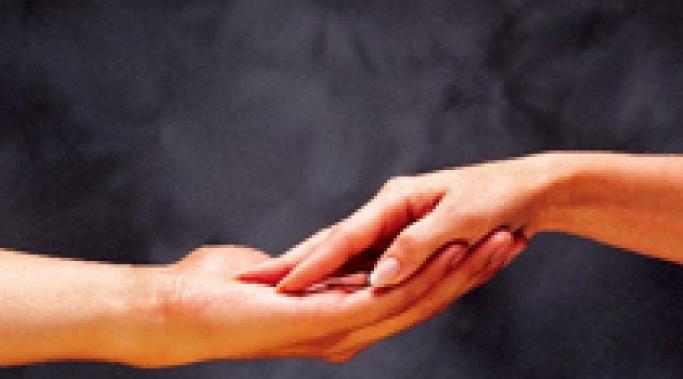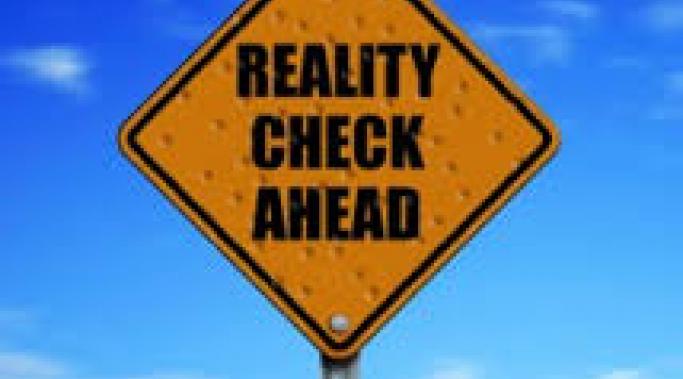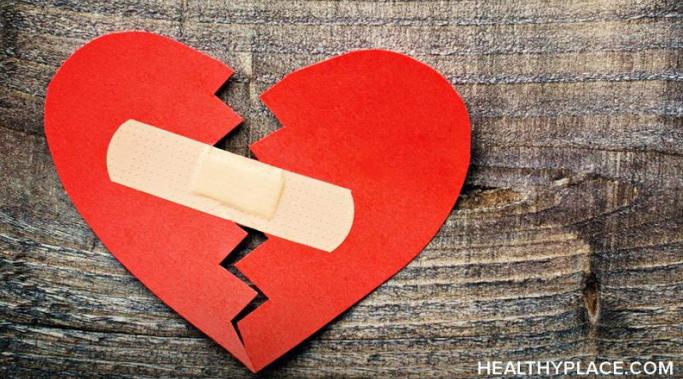It's hard to believe that this time last year, I was packing my bags and preparing for my third stay at an inpatient and residential treatment center for anorexia nervosa. I had been discharged from my second stay barely eight months before. Today, I'm coming up on nine months out of treatment (a record for me) and am solidly in recovery. So what made the difference?
Eating Disorders Recovery
Okay I'll admit it, eating disorder recovery maintenance doesn't always feel natural or easy and it's not always a pretty picture. I've been getting a lot of questions from people wanting to know if I find that eating disorder recovery gets easier with time. I also get asked if I still feel discouraged in maintaining eating disorder recovery.
One of the most exhausting things about having an eating disorder is the non-stop racket in your brain. And while some of that chatter is about calories, food, and exercise - a lot of it is how you compare with other people.
Is s/he skinnier than I am? She's eating a salad - she must think I'm so fat for eating a sandwich. So-and-so used to spend X hours at the gym - I only spent Y.
More than anything, I just wanted my brain to shut up.
I often say, and write, that my eating disorder never defined me, not its diagnosis, nor the stigma attached to suffering through the illness. Even today, I'm open about the fact that I deal with food anxiety and no, I'm not ashamed of that either.
Not a day goes by without me feeling grateful about being able to share with you on this blog my lived experience with an eating disorder. The concept of giving back to others who stand where I once stood makes me very happy and truly helps me maintain my recovery.
At times, I don't feel comfortable around food, even in ED recovery. Some people seem surprised when I mention that, at times, I'm a bit uneasy about sharing a meal with others, or eating in public. "But aren't you doing well?" Yes, I'm doing well, thank you, but . . . ! Even in ED recovery maintenance, eating can potentially be stressful. I'd like to share some tips with you on how I get through it. And you can get more comfortable around food because as I've said many times, no matter where you're at in your eating disorder recovery, you are a stronger person than you think.
One of the major adjustments I've had to deal with in the last 6 years since I've started recovery from bulimia, has been to accept and love how my body looks and feels without abusing it the way I did for years. Because I suffered from bulimia and not anorexia, it was easier to hide at the time that I was suffering from an eating disorder, because I still looked 'normal' and maintained almost the same weight for a few years.
I have been solidly in recovery from anorexia nervosa for six months now. (Meaning, I discharged from residential treatment six months ago. I find it difficult to count toward my recovery time where I was "forced" to behave.) A lot of things about recovery are awesome and most of the time I really love it. Until I don't.
While I suffered from bulimia, I was a very angry girl. I would use the comforts of food and the feeling of nourishment to cope with all types of stress. As soon as the comfort that came from eating would wear off, I would feel guilty, sad, but mostly angry. Angry at myself for being weak, for never looking the way I wanted, and for not performing at the level I felt I should, both academically and more significantly, socially.
When you have an eating disorder, you lose a lot. Some of these things - weight, bone density, sanity, self-respect - can be regained during eating disorder recovery. Others - like relationships lost to your eating disorder - may never return.
